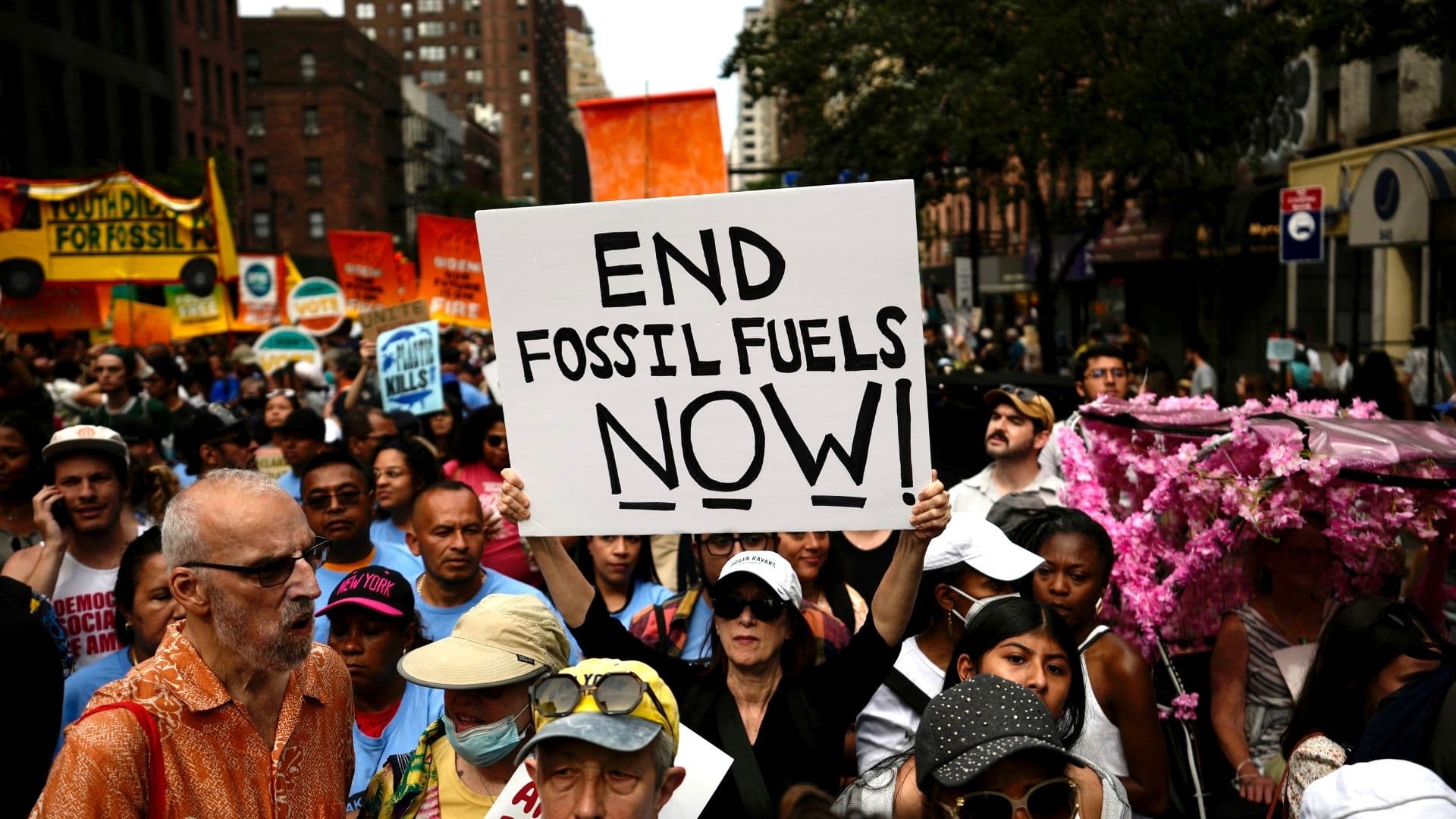G20 Leaders Near Consensus in Johannesburg, U.S. Stays Away
South African President Cyril Ramaphosa said there was "overwhelming consensus" to adopt a leaders' declaration at the G20 summit in Johannesburg despite a U.S. boycott. The outcome matters because the document could shape global cooperation on climate, trade and investment at a forum that represents roughly 80 percent of world economic output.

President Cyril Ramaphosa opened the G20 leaders meeting in Johannesburg asserting there was "overwhelming consensus" to adopt a leaders' declaration, even as Washington stayed away from the summit. The U.S. absence set an unusually strained tone for the opening, with diplomatic sources saying envoys prepared a draft declaration without U.S. input and that the draft included references to climate change, an issue the Trump administration has resisted.
South Africa is hosting the forum for the first time, setting priorities meant to spotlight Africa's development and to press for greater global attention to investment, infrastructure and food security. The G20 is the principal track for major economies to coordinate on global risks, representing about 80 percent of global gross domestic product and a large share of international trade and investment flows. That makes a leaders' declaration an important signal to markets and policy makers even when it is nonbinding.
Analysts said the U.S. boycott raises immediate questions about the strength of that signal. With one of the largest G20 economies not at the table, investors may read the split as a sign of rising geopolitical fragmentation that could increase risk premia for cross border projects, especially those linked to climate transition and energy. The Johannesburg draft's inclusion of climate language matters because clear multilateral language can mobilize public and private finance and reduce policy uncertainty for clean energy investments.
The summit opened against a backdrop of growing transatlantic tensions, including disputes over a U.S.-backed Ukraine peace proposal and other geopolitical disagreements. Those tensions could constrain the leaders' ability to agree on coordinated action on trade rules, technology controls and capital flows, areas that are closely watched by markets. Past G20 communiques have helped stabilize market expectations during crises by setting common policy understandings. A weakened or fragmented declaration would leave economic actors to navigate divergent national approaches.
Ramaphosa urged members to work together to produce a strong outcome for Africa's first G20 presidency, an effort aimed at channeling greater investment to the continent and making global institutions more responsive to its needs. For African economies, clearer commitments on debt treatment, infrastructure finance and trade integration would translate into tangible economic effects, potentially lowering borrowing costs and unlocking private capital.
Policy makers in Johannesburg face a balancing act. They must preserve the diplomatic utility of the leaders' declaration while managing the political reality of competing agendas. For business leaders and investors, the immediate metric will be the final text of the declaration and any annexes on finance and climate that could influence capital allocation this year and next.
As the summit progresses, markets will look for concrete language and for any signs that absent U.S. participation will be followed by parallel bilateral moves that could undercut collective outcomes. The Johannesburg meeting will be judged on its ability to convert broad consensus into credible commitments in an era where coordinated global governance is under strain.

